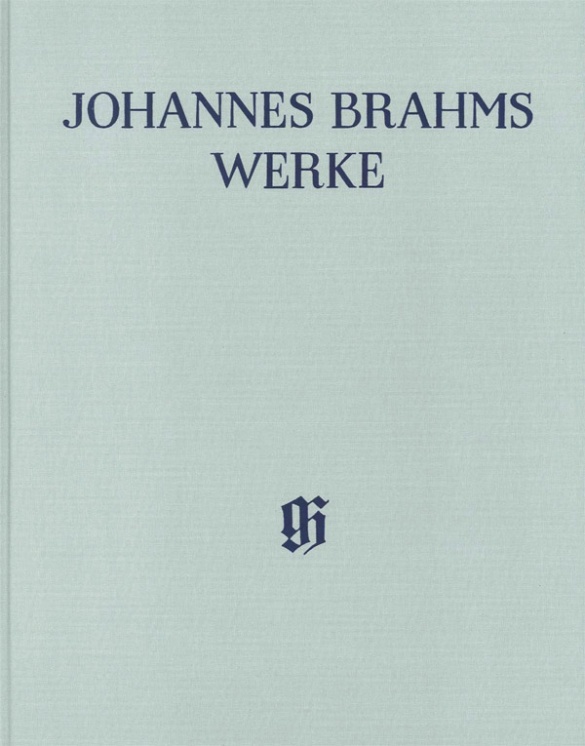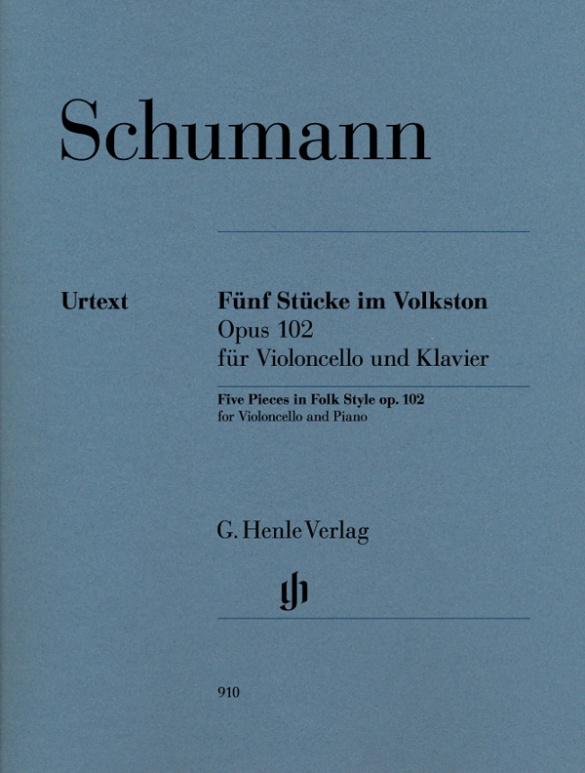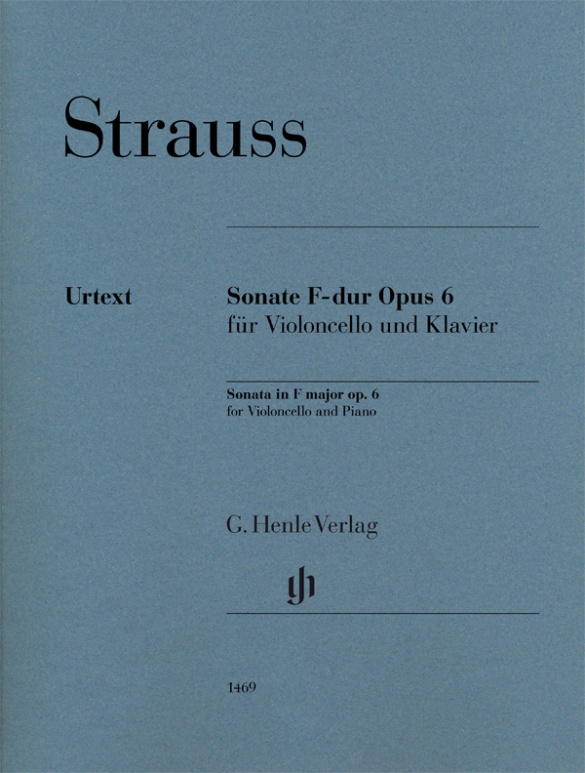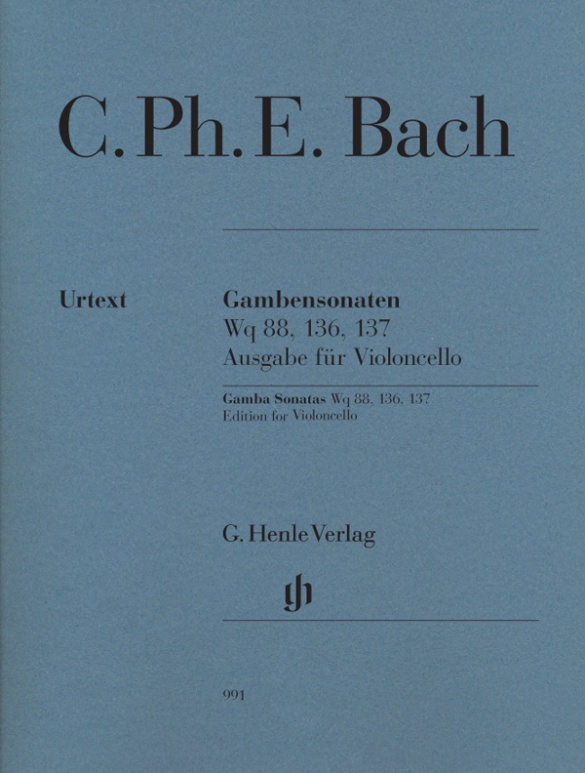

Carl Philipp Emanuel Bach
Gamba Sonatas Wq 88, 136, 137
Like his father, Carl Philipp Emanuel Bach wrote three sonatas for viola da gamba. They were written during his time at the Berlin court of Frederick the Great and gave the excellent viola da gamba player in the court orchestra a chance to show his virtuosic skills.
While the two Sonatas Wq 136 and 137 have a basso continuo, Bach followed his father’s example as far as the Sonata in g minor Wq 88 was concerned: the right and left hands of the harpsichord compete with the solo instrument in three equal parts. These sonatas can also be played very effectively on the cello; the fingerings in the marked copies provide helpful suggestions.
Content/Details
(Explanation)
About the Composer
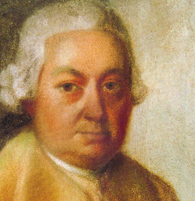
Carl Philipp Emanuel Bach
He is primarily famous for his music for keyboard instruments and is regarded as the most important composer of sonatas (approximately 150) in the mid eighteenth century. His self-image as a composer is in line with the aesthetic of the genius. His musical idiom is characterized by a “speaking” disposition and by moments of surprise.
| 1714 | Born in Weimar on March 8; second surviving son from Johann Sebastian Bach’s first marriage. Musical education from his father; attends the Lutheran Latin school in Köthen, the St. Thomas School in Leipzig. Participates in the Collegium Musicum. |
| 1731 | Law studies in Leipzig. |
| 1734–38 | Continuation of law studies in Frankfurt an der Oder. Occasional compositions. |
| 1740–68 | Harpsichordist in Berlin at the court of Frederick II. |
| 1741 | Symphony in G major (Wq 173), his first. |
| 1742–44 | “Prussian” and “Württemberg” Sonatas. |
| 1753 | Treatise: “Essay on the True Art of Playing Keyboard Instruments” (First part; second part in 1762) |
| 1758 | Publication of “Professor Gellert’s Sacred Odes and Songs” (Second collection in 1764) |
| 1760 | Publication of “Six Sonatas for Keyboard with Varied Reprises.” |
| 1768 | He succeeds Telemann as music director and cantor at the Johanneum Latin school in Hamburg. Composes liturgical music (cantatas) as well as instrumental works (symphonies, concerti, chamber music), large vocal works (Passion settings and oratorios), and occasional compositions for the city’s musical establishment. Organizes “Bach’s Private Concerts.” |
| 1775 | Oratorio “Die Israeliten in der Wüste” (“The Israelites in the Desert”). |
| 1779–87 | Publication of “Clavier Sonatas and Free Fantasies along with Divers Rondos […] for Experts and Amateurs.” |
| 1788 | Dies in Hamburg on December 14. |
About the Authors

Wolfram Enßlin (Editor)
Dr. Wolfram Enßlin read musicology and medieval and modern history in Tübingen, Bologna and Heidelberg. Following research spells in Rome and Venice, he did his doctorate on Ferdinando Paër. He worked on the revision of the Beethoven Catalogue of Works “Kinsky-Halm” for two years as an external editor; since 2003 he has been an associate at the research project Bach Repertorium, and since 2009 he has been Head of Research there (Katalog der Bach-Quellen der Sing-Akademie zu Berlin; currently preparing the “Thematisch-systematisches Verzeichnis der Werke Carl Philipp Emanuel Bachs. Die Vokalwerke”).
His primary research interests include the younger members of the Bach family (in particular Carl Philipp Emanuel Bach and Johann Christian Bach) as well as Italian Opera between 1770 and 1830.
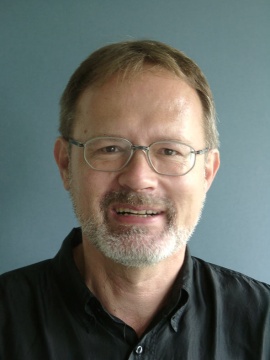
Ernst-Günter Heinemann (Editor)
Dr. Ernst-Günter Heinemann, born in 1945 in Bad Marienberg (Westerwald), completed his schooling in Gießen and read musicology, philosophy and German in Marburg and Frankfurt/Main and also for some time Protestant church music. He did his doctorate on “Franz Liszts geistliche Musik. Zum Konflikt von Kunst und Engagement”.
From 1978–2010 Heinemann worked as an editor at G. Henle Publishers (in 1978 in Duisburg, from 1979 onwards in Munich). He edited a great many Urtext editions for the publishing house, including “Das Wohltemperierte Klavier”, Volume 1 by Bach and all of Debussy’s piano works. In addition, he wrote essays on Debussy, Grieg, Liszt, Mendelssohn and questions concerning general editing, as well as giving seminars on editorial practice for musicology students in Munich.
David Geringas (Fingering and bowing for Violoncello)
Product Safety Informations (GPSR)

G. Henle Verlag
Here you can find the information about the manufacturer of the product.G. Henle Verlag e.K.
Forstenrieder Allee 122
81476 München
Germany
info@henle.de
www.henle.com
Wer es virtuos, schön und vor allem lohnend mag, der besorge sich die Cello-Ausgabe der drei Gambensonaten Wq 88, 136 und 137 von C. Ph. E. Bach (HN 991). (...) Es sind wunderbare Werke, vorbildlich ediert von Wolfram Enßlin und Ernst-Günter Heinemann.
ESTA-Nachrichten, 2015Die Henle-Ausgabe lässt nichts zu wünschen übrig.
SMZ, 2013Den Herausgebern Wolfram Enßlin und Ernst-Günter Heinemann gelingt mit der Bearbeitung der Sonaten Wq 88, 136 und 137 eine absolut praktikable Fassung für das Violoncello, welche - mit lediglich vorsichtigen linearen Übertragungen einiger Akkordgriffe - den Originalklang der Viola da Gamba weitgehend zu sichern vermag. ... Wie bei Henle nicht anders zu erwarten, sind die Stimmen von höchster Professionalität: gedruckt auf hochwertigem Papier mit einem fürs Auge äußerst angenehmen Notenstich, gelegentlich leere Seiten belassend, um das Blättern zu ermöglichen - das muss und wird für die Ausführenden eine reine Musizierfreude sein! ... eine ebenso dankenswerte wie empfehlenswerte Bereicherung!
Das Orchester, 2013recommendations
autogenerated_cross_selling
Further editions of this title


